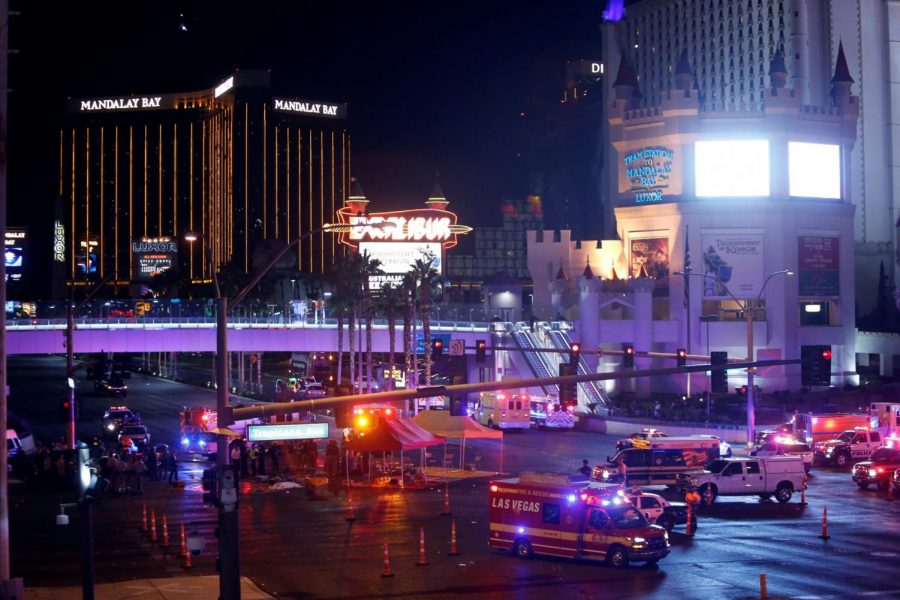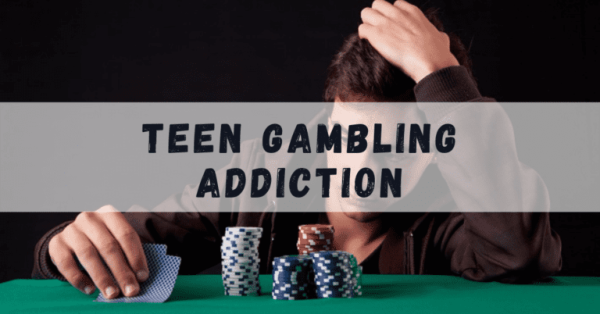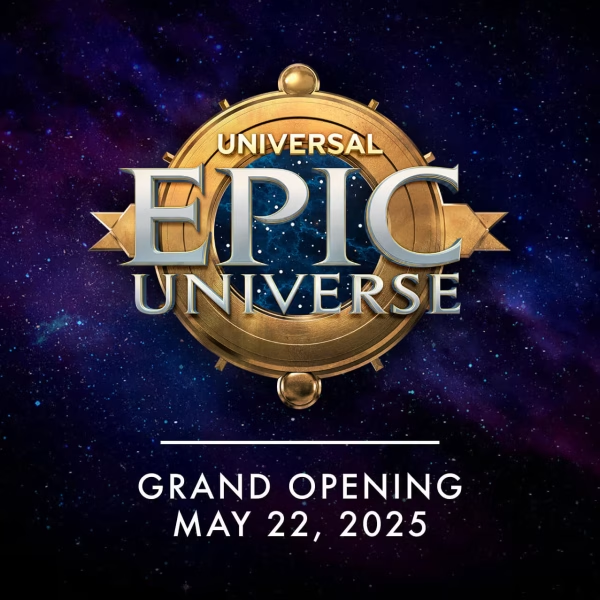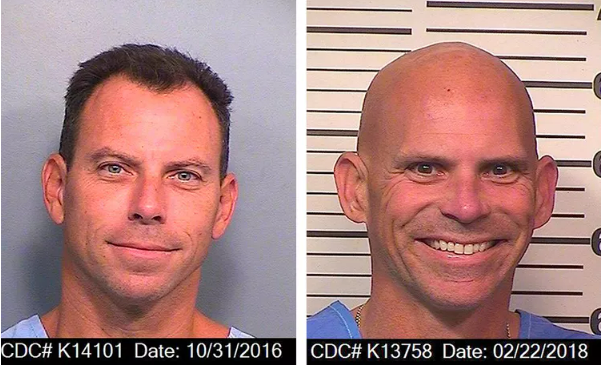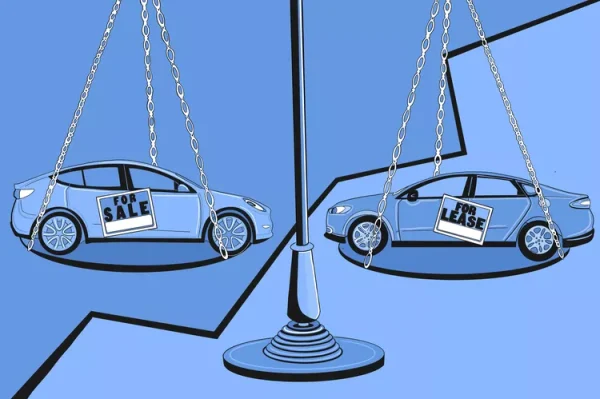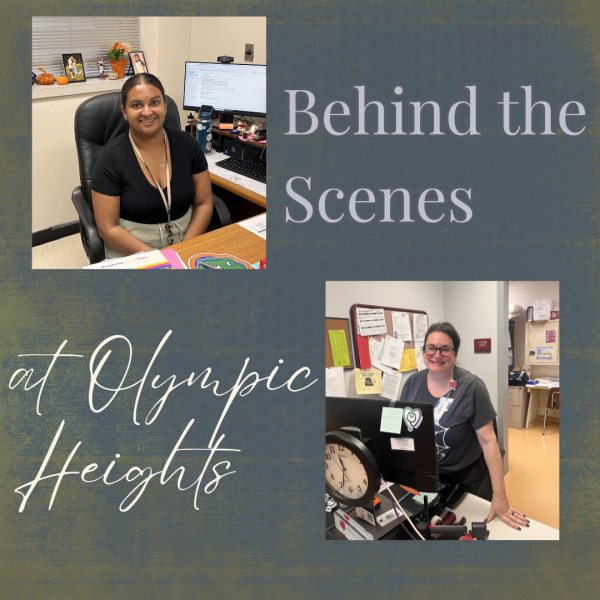Personal Observations on the Las Vegas Shooting Aftermath
Torch staff writer Ashley Perry was in Las Vegas shortly after the mass shooting that took place on October 1. Here, she provides her personal reflection on her observances on how the city was affected by the tragedy.
October 1, 2017 was a day that cannot be forgotten. That night, a gunman carried out what’s labeled as the “deadliest mass shooting in U.S. history” by opening fire from his room at the Las Vegas Mandalay Bay hotel on a crowd enjoying an outdoor concert. More than 59 people were killed and more than 500 were injured from this alarming example of the cruelty of this world. Besides the physical wounds and deaths that were inflicted among those at the scene, there were other implications that the shooting had on the gambling and entertainment capital of the world.
I recently traveled to Las Vegas, Nevada during the Thanksgiving break and noticed how the famous “Sin City” was reacting to this incident. To me, it seemed as if Vegas was moving on with life; the people living there reminisced on the tragedy, but they did not talk about it unless a visitor questioned them. Other than the prevalent signs and souvenir items that read “Vegas Strong,” a tourist would have no idea that a massacre had taken place a few months ago.
While I was on a tour through Red Rock Canyon in Nevada, my tour guide told me about the effects that the tragedy had on him and his family. His brother and his friend were concertgoers during the time of the massacre; his brother was not injured, but his friend was shot. Fortunately, the friend survived and is perfectly fine today, but that night will still haunt him and his close ones forever.
The other 59 people who were killed were not as lucky. Among the fallen were a special education teacher, a kindergarten teacher, and a male nurse from Tennessee who preserved his wife’s life in exchange for his own. Heather Melton, an orthopedic surgeon, told NBC affiliate WSMV her husband saved her life. “He saved my life. He grabbed me and started running when I felt him get shot in the back,” she explained.
Many people lost their loved ones following the massacre, releasing psychological problems among those who were at the scene. Mental health experts say that survivors and witnesses like Heather should prepare for the same post-traumatic stress frequently experienced by combat soldiers.
My guide also mentioned that he viewed a “rise in tourism” regarding business for his tour company, which takes customers through the beautiful scenery of a national park near Vegas. His account ironically contradicts predictions and calculations that were made shortly after the massacre, which anticipated a decline in tourism.
The Las Vegas Convention and Visitors Authority recorded that Las Vegas tourism was down for October, with visitation falling from 4.2 to 3.6 percent. It was the second steepest year-over-year drop of 2017. This is evidently a result of the apprehension and hesitance that some people may feel about going to an infamous place associated with death. On the contrary, business tourism jumped 35 percent because of convention season.
Throughout October and into November, hotel employees on the Strip, especially at the Mandalay Bay hotel noted that there were fewer shoppers than usual, and stores and restaurants remained empty. I can personally confirm this report because during my trip in November, I walked along the casino floor of the Mandalay Bay to see a Cirque du Soleil show. Upon entering the hotel, I admittedly felt nervous and scared because I was going inside a building notoriously recognized as the residence of a murderer for numerous days.
I would describe the casino as empty as most of the slot machines were vacant, stores were unoccupied by customers, and restaurants were not full. Very few people walked into the casino until a few minutes before the show I went to see commenced. I did not think anything of it at the time, since this was my first visit to Vegas, but looking back on it, I now realize how abnormal that was.
A Vegas hotel should be congested with people, but it was not even close to being halfway full. However, towards the end of my stay (which was closer to Thanksgiving Day), the hotels were more crammed than they were in the beginning of my visit since most people were then off for Thanksgiving break. It appeared as if Vegas increased in population overnight in response to vacation time.
As I passed by the uninhabited stores, I glanced at the countless apparel and souvenirs such as keychains and coffee mugs that were labeled with the phrase “Vegas Strong” to instill strength among those impacted by the tragedy. At the Mandalay Bay, I saw an entire store dedicated to selling merchandise that had the empowering phrase on it. These items reminded me of the incident that had just occured a month and a half earlier.
Business, on the other hand, seemed almost back to standard during the latter part of my stay as the streets of the Vegas strip were crowded with thousands of tourists and business people from around the world. Most of the stores were open, despite some of them not being full. MGM Resorts International Chief Executive Officer Jim Murren said on Nov. 8 that bookings were returning to normal and predicted the casinos’ Strip-wide revenue would be down only in the low to mid-single digits during the fourth quarter compared with the year-earlier period. That would imply as much as a $65 million drop in Strip revenue for Vegas casinos, but as I observed, they are gradually recovering from their losses.
Other effects of the shooting involve guns and security measures. CNN reports, “Gun stocks rose Monday [October 2] following the deadliest mass shooting in American history.” Yet, gun rights have not been addressed specifically as the reason for this incident.
To combat events from like this from happening again, Nevada lawmakers have approved a significant increase in funding to strengthen security for New Year’s Eve events in the city. According to the Las Vegas Review-Journal, legislators approved $357,000 in order to have a record 358 Nevada National Guard troops working. This is triple the funding set aside last year when the state of Nevada only paid $120,000 to have 160 troopers stationed at the airport, Freemont Street, and at the Las Vegas Strip.
Although Las Vegas has suffered tremendously emotionally, physically, and economically, the city is improving. As I witnessed first-hand, society is reflecting on its past, but doing what it can to bolster itself and maintain otherwise normal lives. I suppose the famous saying “The show must go on!” accurately applies in the case of the Las Vegas massacre aftermath.

